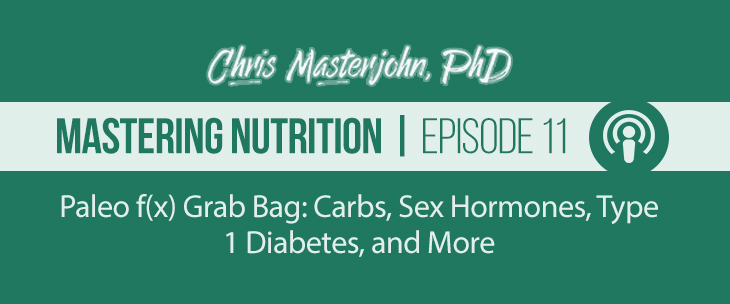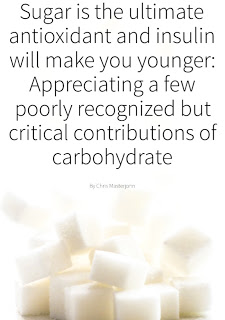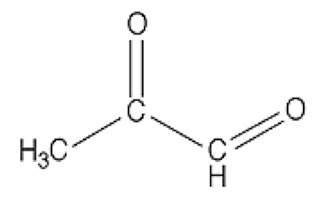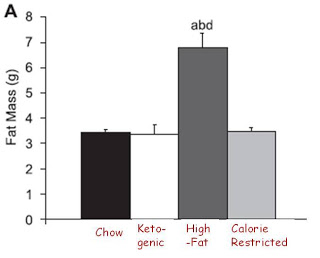In this episode, I discuss some important insights from my Paleo f(x) talk and audience responses to it, including the potential dangers of treating type 1 diabetes with a low-carb diet, the importance of carbs and body fat for fertility and sex hormones, and why some people might have a great sex hormone profile on …





